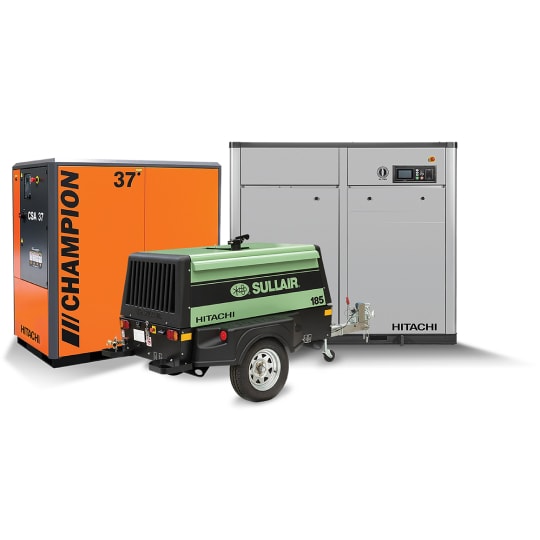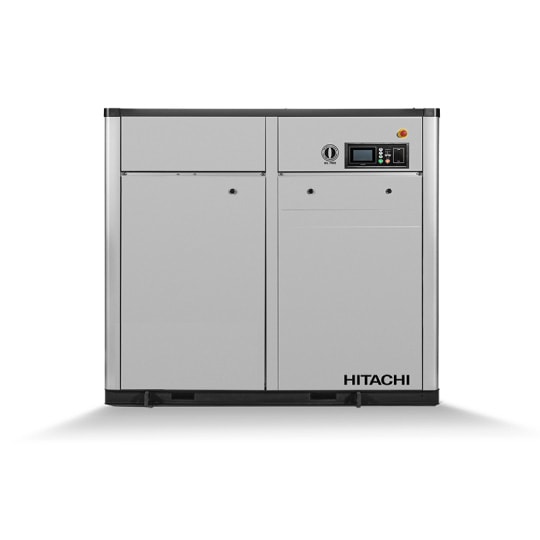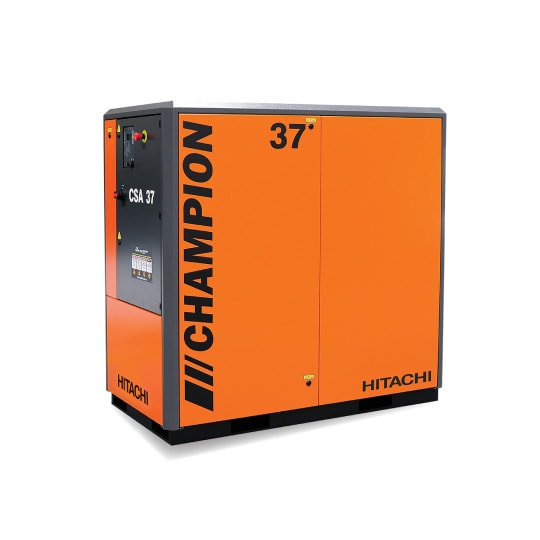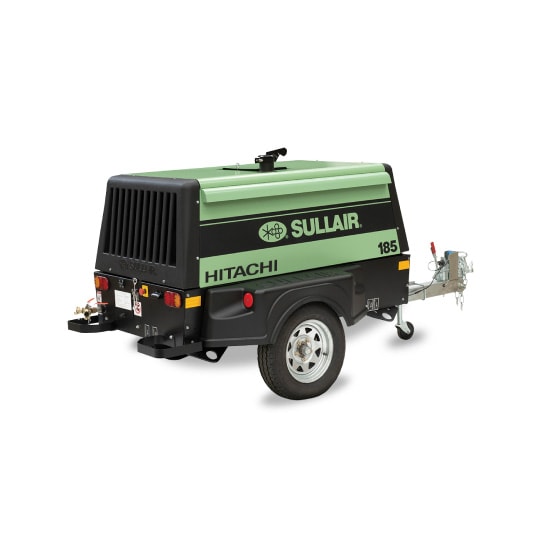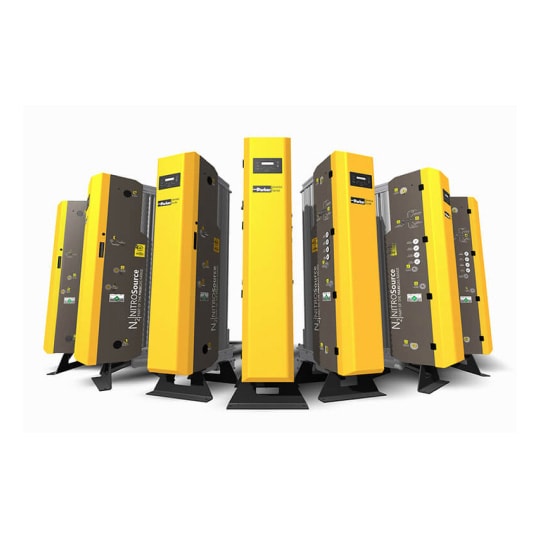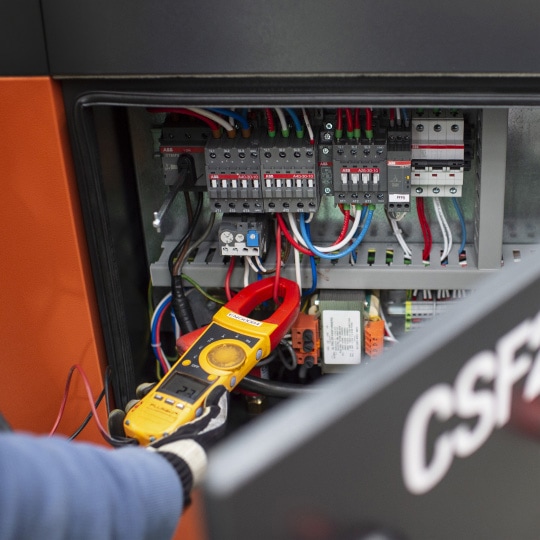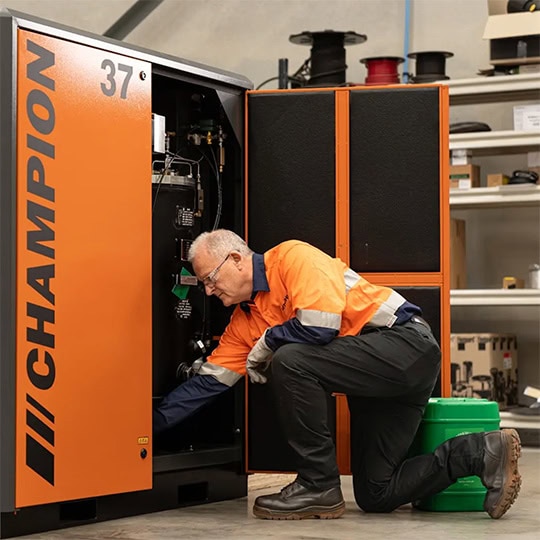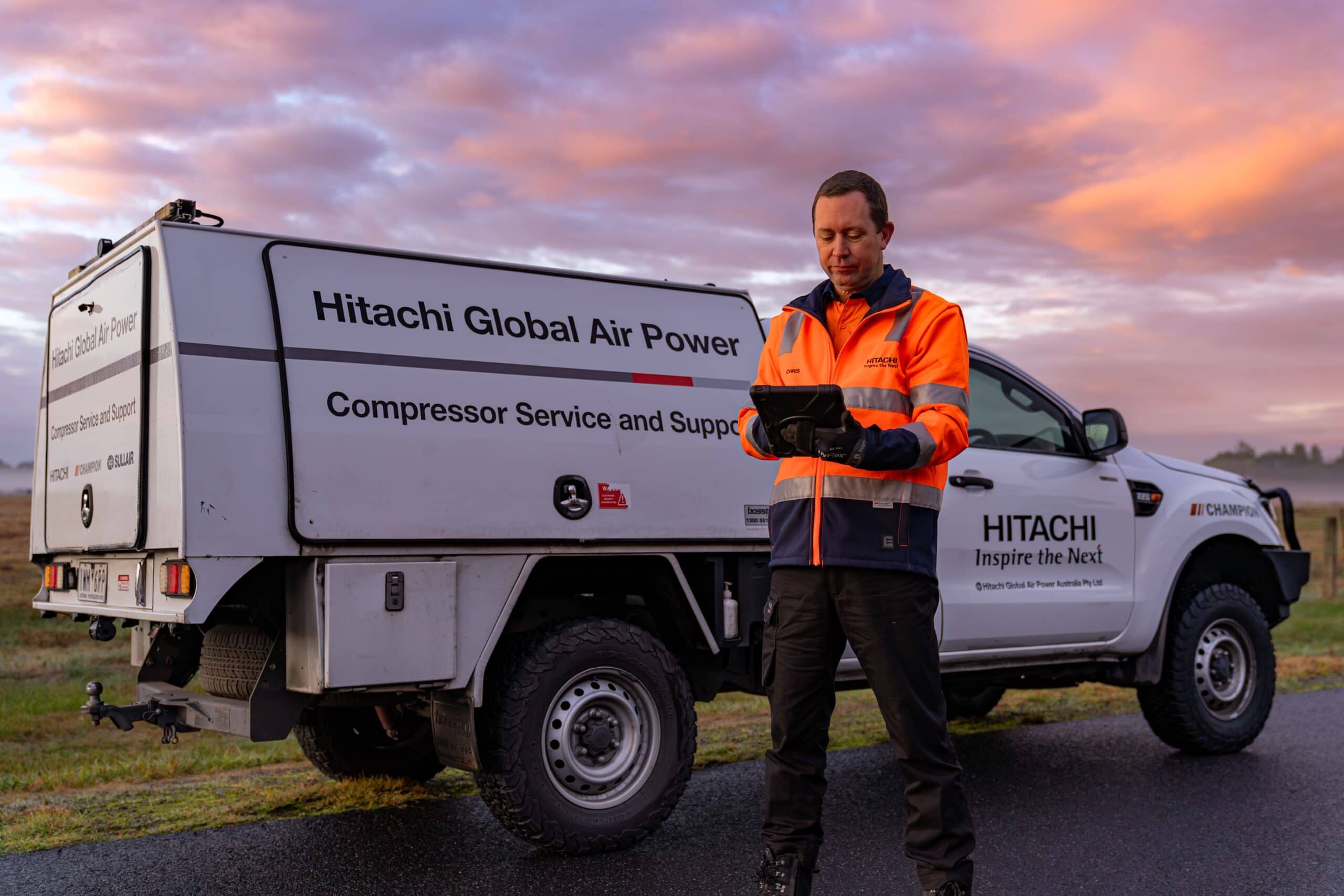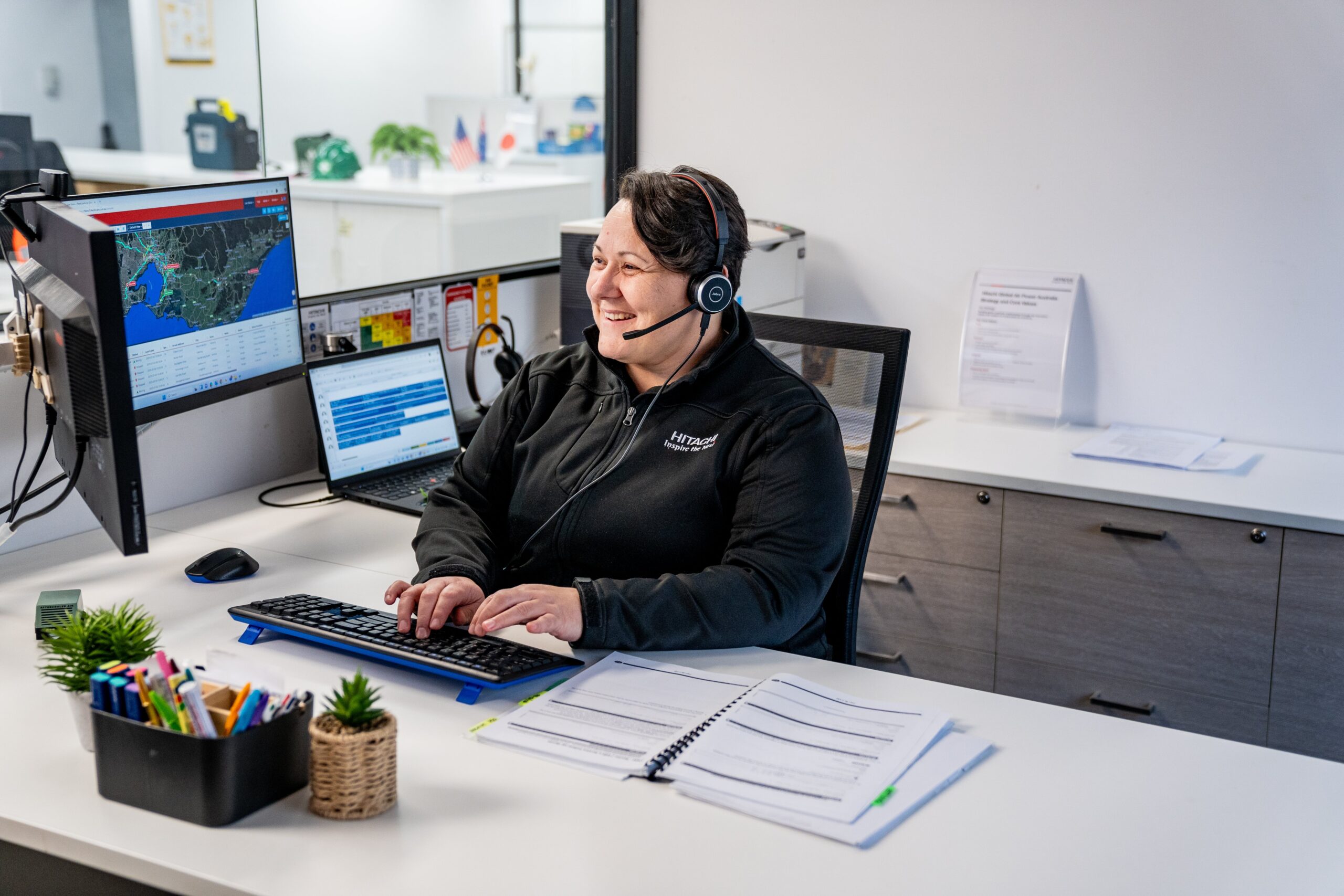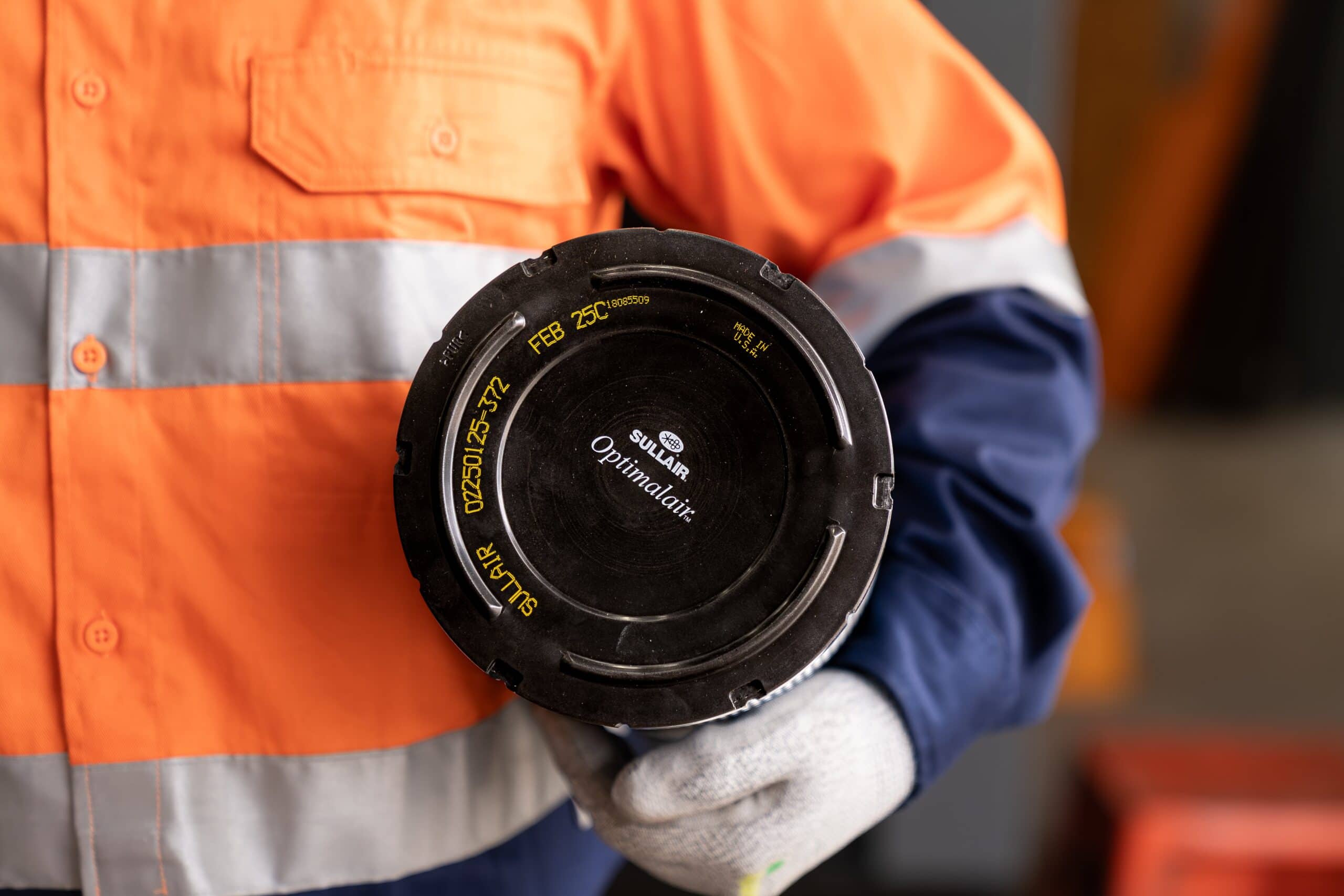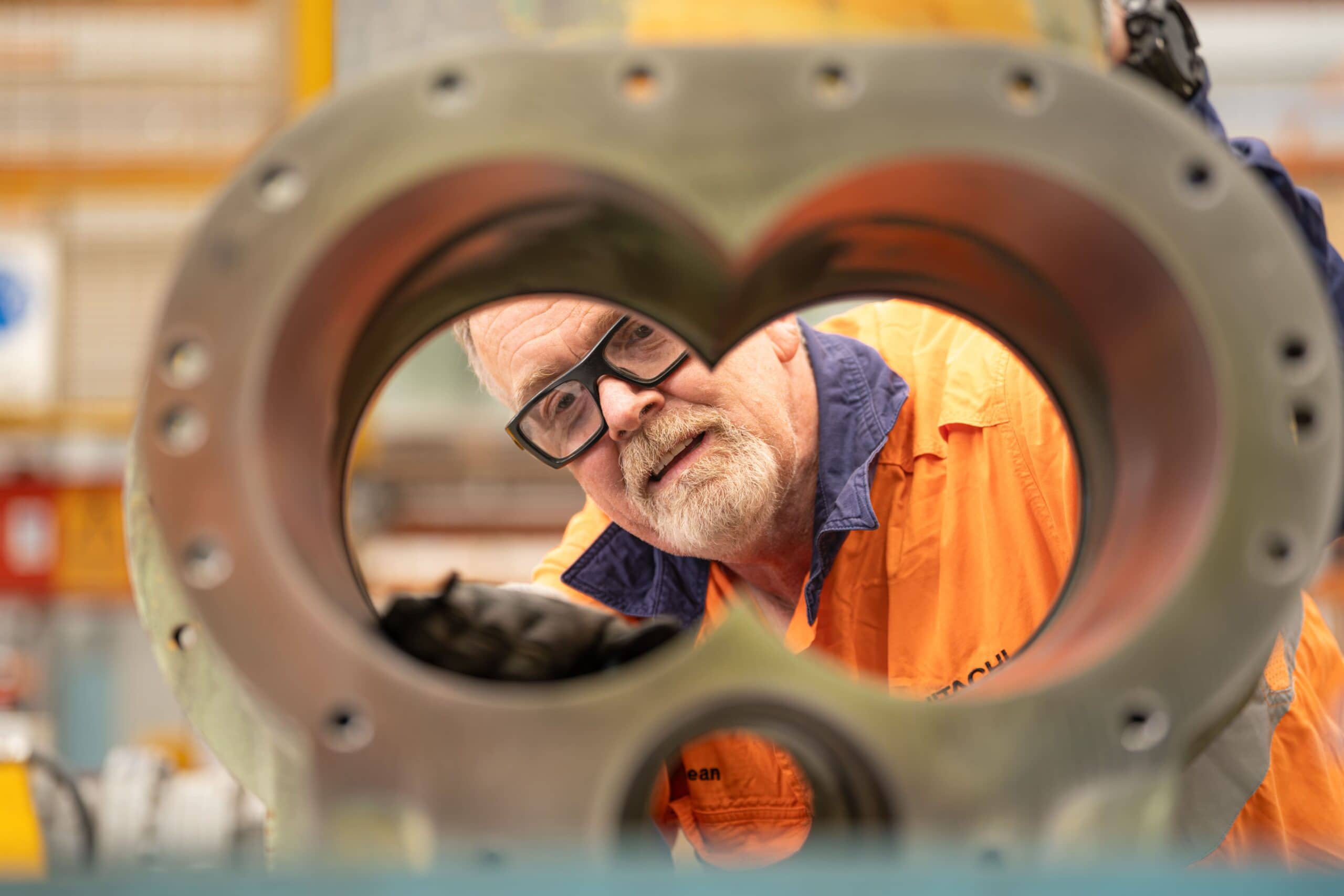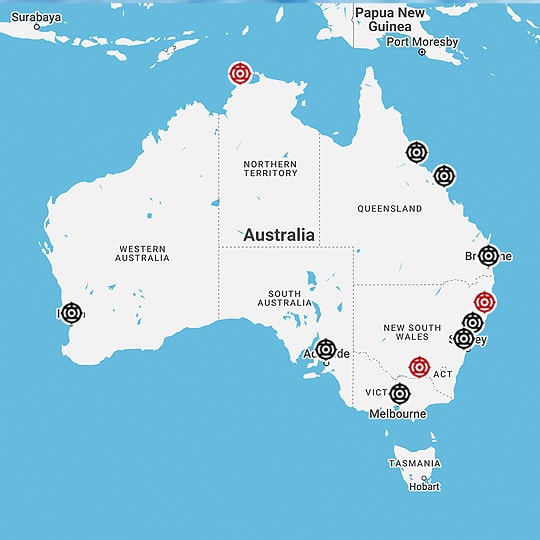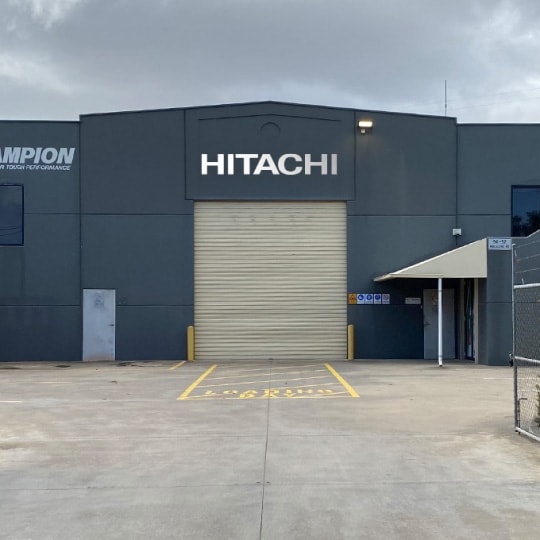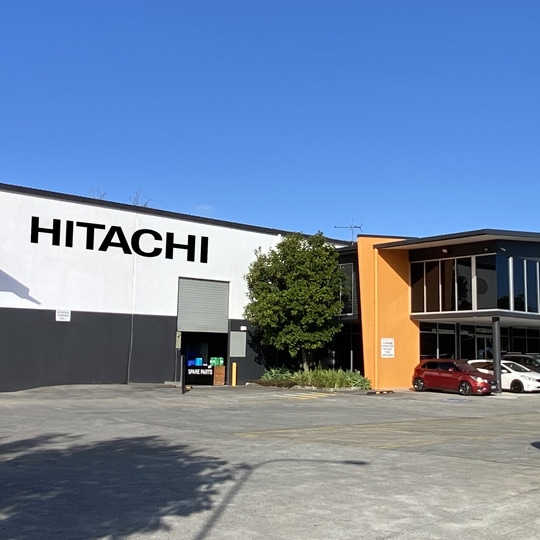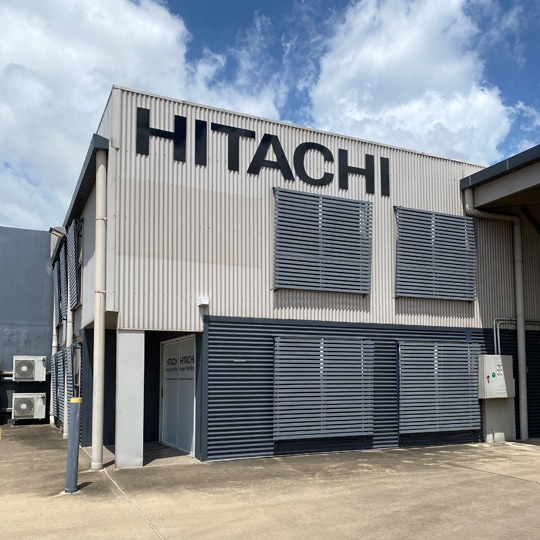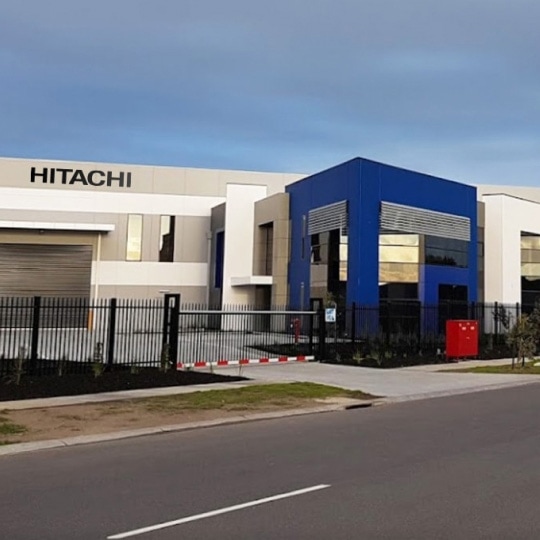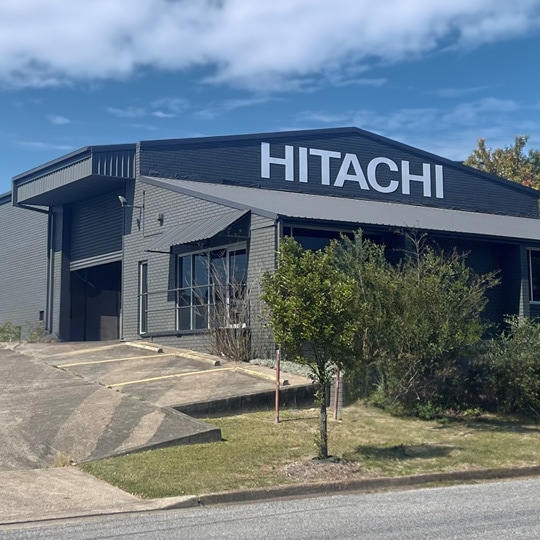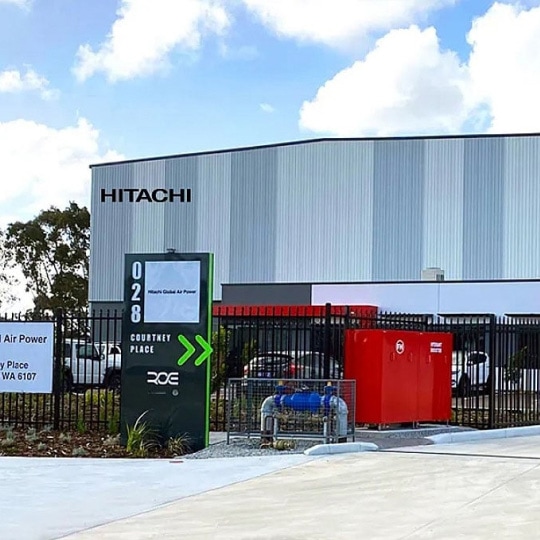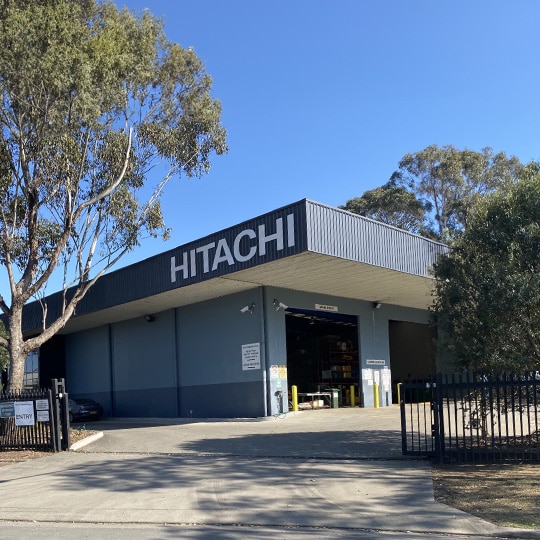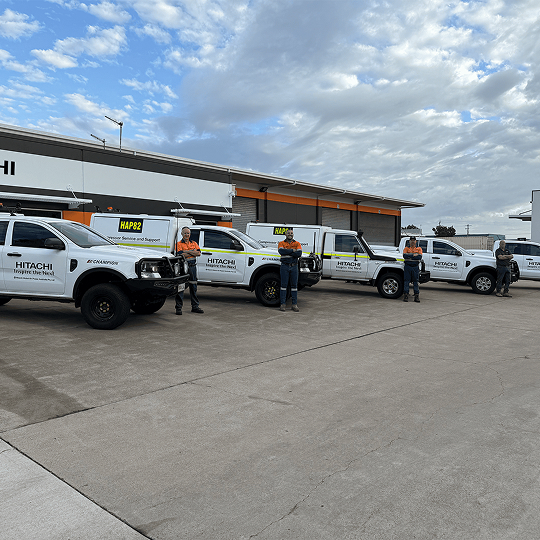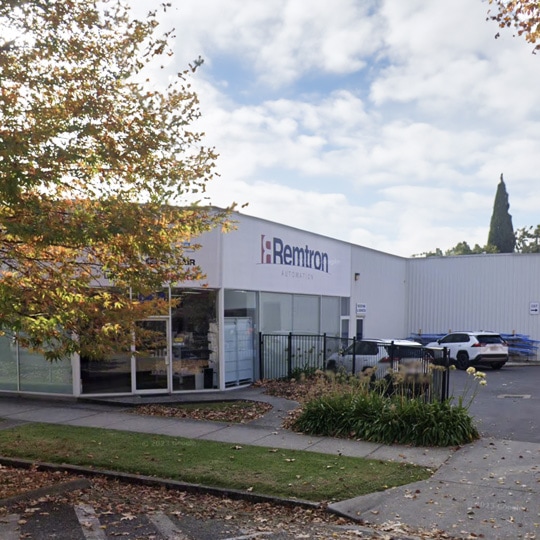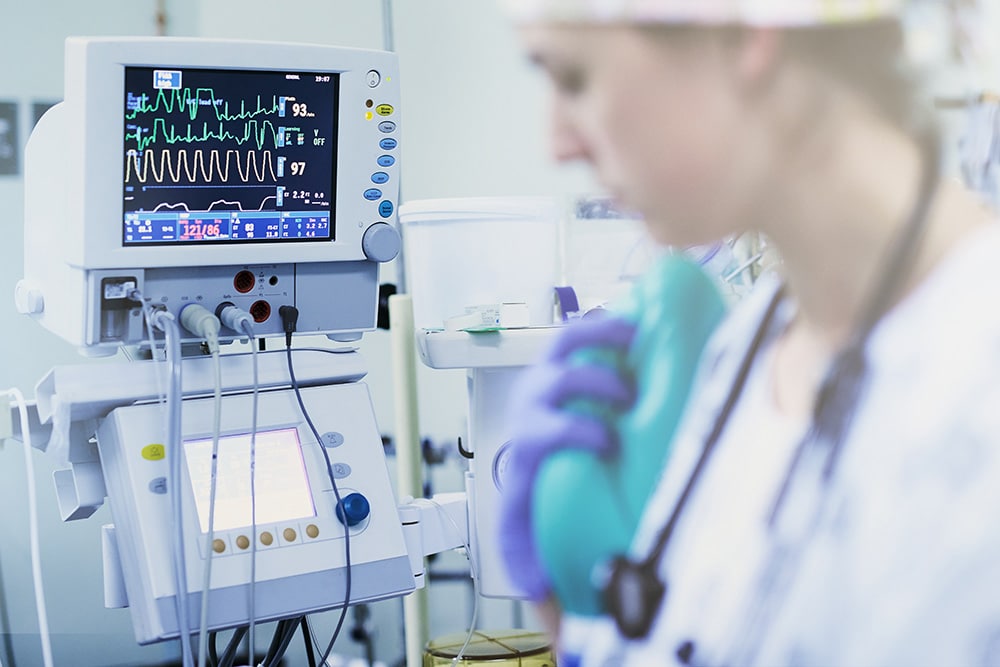
In the early days of the COVID-19 outbreak, speculation around number of infections, ICU admissions, and deaths from the pandemic, presented numbers that were terrifying to say the least.
In early May, the Medical Journal of Australia, published research around the surge capacity of Australian ICUs for COVID-19 admissions. It was anticipated that high volumes of patients cycling through the health care system would put immense pressure on the system – especially where ICU beds and ventilators were concerned. “A survey of ICU directors found that intensive care bed capacity could be increased by as much as 191%, but invasive ventilator numbers by only 120%, and the surge would also require large numbers of additional senior medical and nursing staff (250% increase)1.
So, what did this mean on a practical level where air compressors were concerned? A reliable medical grade air supply is essential for ventilator function, anaesthesia and general patient care across the health care system. To escalate above and beyond standard operations, the margin for error disappears. A breakdown in operations can have devastating consequences; the need for high quality, clean and uninterrupted supply of compressed air, at higher volumes than usual is paramount. What exactly that demand would look like quickly became evident, as modelling numbers were released.
In preparation for managing increased numbers of patients, Governments and private sector nationally joined forces to plan for an extra 34,000 beds and 105,000 medical staff being made available across the country, in preparation for pandemic numbers of patients.2
In addition to this increased patient load, ventilation needs were identified as key priority. According to the Department of Home Affairs: “There are usually 2,200 ventilated hospital beds in Australia. By repurposing anaesthetic machines and other equipment over the past six weeks, we now have 4,400 ventilated beds, and we’re looking to make that 7,500.”3
Along with water, electricity and gas, supply of compressed air into hospital and health care environments is essential to day to day operations. As the COVID-19 pandemic was declared, it became critical. Standard operations in the health care system require medical grade air supply for ventilators and surgical procedures, air filtration and decontamination, cleaning and disinfection of facilities and equipment, function of equipment and tools, and general maintenance and repairs, to name a few, all powered by high quality, oil free air compressors.
Along with previously mentioned concerns, the role of the Central Sterile Services Department (CSSD) became hypercritical. Entry to the CSSD is always restricted to essential staff, with everything arriving at the CSSD from procedure rooms, clinics, wards, and operating theatres (Reusable Medical Equipment – RME), to be treated as contaminated4. In response to COVID-19, the Sterilising Research and Advisory Council of Australia (SRACA) reinforced the essential need to uphold industry standard decontamination and sanitisation procedures5; many of which are fundamentally dependant on high quality medical grade compressed air.
The urgency of this became evident almost immediately to the Sullair team on the ground, with requests for support coming from major city hospitals, regional day surgeries and health facilities. Reece from Sullair’s oil free specialist team explains, “CSSD sterilisation has become more important with the COVID situation. Requirement has quadrupled, and we’ve delivered 3 systems so far to major Australian hospitals.”
The existing hierarchy of primary, secondary and tertiary health care services in the Australian health care system was also put to the test, with the need to reprioritise services to accommodate for the worst-case scenario. Vast numbers of patients were deferred to other facilities for procedures. Primary and secondary health care services effectively had to pick up whatever slack was created as tertiary facilities such as hospitals, cleared beds, freeing up staff and equipment in preparedness.
In a highly regulated environment like a major hospital, the criticality of not losing medical air supply means a main or ‘duty’ system is in place, along with a backup or ‘stand by’ system. Smaller facilities however such as super clinics, day surgeries, GP clinics and so on, will rarely have this precautionary system in place. Special circumstances (such as a global pandemic) reveal the limitations of a facility’s compressed air capacity – limitations that may not have been previously evident. Upgrades range from installation of previously unavailable parts, replacement of old non-compliant equipment, or provision of a standby system as protection. If there is a silver lining to COVID-19, it might be that many projects held up by funding delays, were escalated to approval, and ideal scenarios that may never have eventuated, were put into place.
From the Sullair perspective, what became most evident was the client’s immediate need for reliable equipment, support and service. A compressor breakdown in a regional day surgery with an overburdened patient load became an emergency. Decisions made months ago to invest in inventory paid off, with a sales rep, replacement part, technician and air compressor repair all delivered within 24 hours of the reported incident. By pre-empting a need for stock in niche medical supplies, Sullair were able to be responsive and reliable in supplying the frontline’s response to COVID-19.
When dealing with critical supply, investment in inventory is crucial. Reece explains, “keeping a full inventory is only part of the picture – the true value lies in supplying OEM Sullair stock that we can be answerable for and guarantee availability of spare parts and technician knowledge to our clients.” The support that comes with that is also an integral part of the offering. “Having qualified staff on standby, factory trained technicians, a fast action service hotline, rapid response time and strong distribution supporting regional areas is what elevates a company above its competitors”.
Australia has been extremely successful in controlling the outbreak of COVID-19 and the fundamental importance of functioning compressors and uninterrupted supply of medical grade air has become paramount. “Now that there’s time to think, many are looking for more efficient ways to manage their industrial air compressor systems. Where initially the thought was to get it solved immediately, now there’s rethinking around more efficient long-term solutions,” says Reece. “COVID has brought home the need to have guaranteed air supply, regular air compressor service visits, spare parts and responsiveness”.
- https://www.mja.com.au/journal/2020/212/10/surge-capacity-intensive-care-units-case-acute-increase-demand-caused-covid-19
- https://covid19inlanguage.homeaffairs.gov.au/misinformation-and-truths-about-coronavirus
- https://covid19inlanguage.homeaffairs.gov.au/misinformation-and-truths-about-coronavirus
- https://www.sracavic.org.au/covid-19-information/
- https://www.sracavic.org.au

